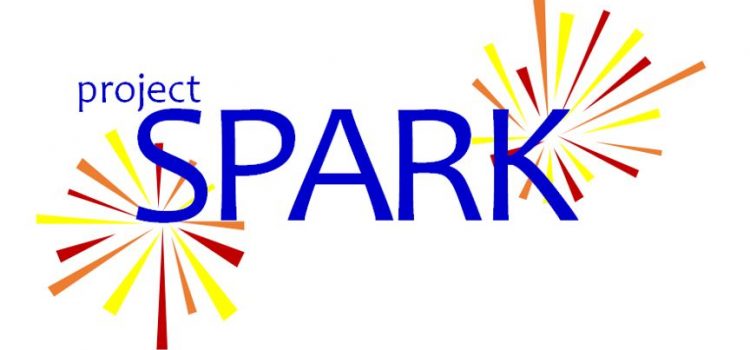Project SPARK (Supporting and Promoting Advanced Readiness in Kids) is a scaled-up version of the Young Scholars Model (Advanced Academic Programs [AAP] Office, 2013; Horn, 2014) as an approach to increasing representation of diverse groups in gifted programs and supporting achievement among these students. Project SPARK focuses on early identification and intervention among students in grades K-2, providing supports during the school year and the summer to promote student readiness for gifted program identification, and broadening teacher perceptions of giftedness among students from diverse backgrounds.
Please explore our website to find out more about Project SPARK!
Para acceder a este sitio web en español, haga clic aquí.
Recent Publications
Early Opportunities to Strengthen Academic Readiness: Effects of Summer Learning on Mathematics Achievement
Catherine A. Little, Jill L. Adelson, Kelly L. Kearney, Kathleen Cash, and Rebecca O’Brien
Abstract
Students who come from low-income backgrounds tend to be underidentified and underserved in gifted education. Early interventions with learners of high potential from underserved groups, including exposure to challenging curriculum and summer opportunities, are important for nurturing these students’ talents and preparing them for advanced learning opportunities in later school years. Project SPARK, based on the Young Scholars model, focuses on recognizing and responding to high-potential learners from underserved populations in the early grades. In this study, we examined the effects on mathematics achievement of participation in a summer program as part of Project SPARK in schools with substantial populations of students in poverty, as demonstrated by percentage of students eligible for free or reduced lunch. We examined summer program effects on achievement for the sample overall and specifically for students from low-income backgrounds. Students who participated in the summer program made moderately larger mathematics achievement gains than students who did not participate, with Cohen’s d-type effect sizes of 0.92. Students who qualified for free or reduced lunch saw similar gains over the summer if they participated in the summer program, indicating that the summer program experience was supportive for students across a range of income backgrounds.
Access Gifted Child Quarterly to read the full article:
Little, C. A., Adelson, J. L., Kearney, K. L., Cash, K., & O’Brien, R. (2017). Early Opportunities to Strengthen Academic Readiness: Effects of Summer Learning on Mathematics Achievement. Gifted Child Quarterly, 62(1), 83-95. doi:10.1177/0016986217738052
Interested in Volunteering with Project SPARK in Summer 2019?
Find out more here.
